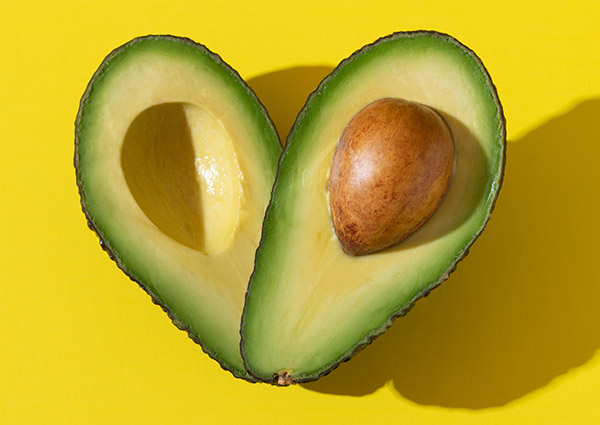
Treat Your Heart to a Plant-Based Diet
Heart health is a major concern for Americans; 1 in 4 deaths each year is due to cardiovascular disease. But there are some changes that you can make to protect your heart, according to a 2021 study published in the Journal of the American Heart Association.
According to this study, which followed nearly 5000 people for over 32 years, eating a plant-based diet can lower the risk of heart disease in young adults by 52%.
What is a Plant-Based Diet?
Plant based doesn’t necessarily mean vegan or even vegetarian; it means that the majority of your diet is made up of healthy vegetables and fruits, along with some whole grains. You may include animal products from time to time in moderation, particularly lowfat dairy, eggs and non-fried poultry and fish.
Benefits of a Plant-Based Diet
The Mayo Clinic states that this diet significantly lowers cholesterol and weight, which in turn helps control blood pressure. Looking at 95 different studies, researchers found that including fruits and veggies in the daily diet lowers the risk of cardiovascular disease. One study found that the more plants that were consumed, the lower the risk of chronic heart disease.
Ways to Start a Plant-Based Diet
According to Harvard University’s Harvard Health Publishing, these tips should help you stay on track for your heart’s health:
- Include plenty of greens. Whether raw, steamed, braised or stir-fried, including collards, kale, spinach, Swiss chard and other green, leafy vegetables is a major goal.
- Go for good fats. We keep thinking all fats are bad, which isn’t the case. But you should focus on olive oils, seeds, avocados, nuts and nut butters.
- Make salad your centerpiece. If you begin your meal with a salad, and build everything around it, your heart will be happy.
- Minimize meat. You don’t have to go vegetarian for plant-based meals, but you want to think of meat as something you sparingly include in meals, as more garnish than main dish.
- Start your day with whole grains. A breakfast of oatmeal, buckwheat, barley or quinoa plus some nuts, seeds and fruit will set your day up for heart-health.
- Let veggies dominate your plate. Fill at least half of your plate with veggies and aim for a colorful variety.
- End the day sweetly. We love our desserts, but switch it up with focusing on fruits for your day’s finale. Don’t cover them up in sugary dishes, but instead let them be the stars.




